6 Timely Camping Tips
Camping is a beloved pastime any time of year, especially summer. Don't miss this quick primer to help you make the most of your time in the great outdoors!
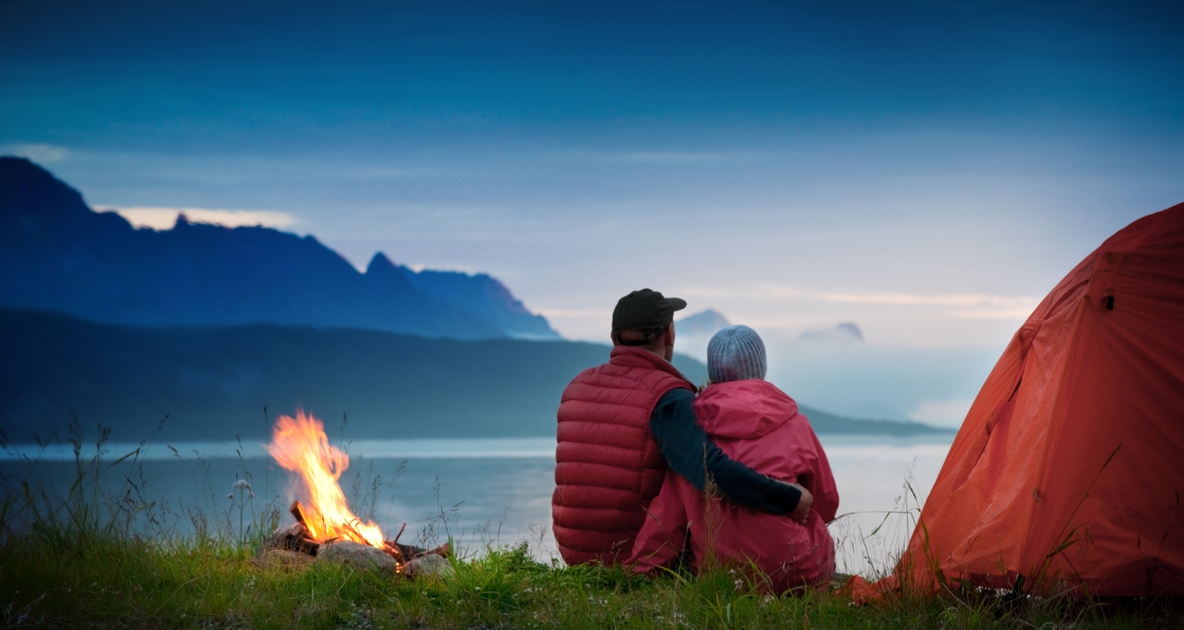
Camping is a fun and relaxing way to enjoy time with friends or family while getting back to nature. For millions of people who spend their weeks working, looking at computer screens, or checking their iPhones all day, there’s something really freeing about the idea of kicking back in the sunlight and fresh air, cooking your food over an open flame, and falling asleep to the call of a loon or the chirping of crickets.
Here’s a quick primer to help you make the most of your time in the great outdoors.
Picking a Place
Not sure camping is for you? Remember that there are almost as many ways to camp as there are people who like to camp. You can hike for miles into the backcountry with nothing more than you can carry on your back, you can roll into a luxury RV park in a massive camper equipped with all the comforts of home, or you can try glamping.
For most, though, car camping, when you drive to your campsite by car, rather than hiking or RVing, provides a happy medium between these two extremes. Depending on your preference, this allows you the freedom of setting up in a modern campground with amenities ranging from hot showers to swimming pools and WiFi, or find a more primitive, out-of-the-way spot.
Think about what kind of experience you want to have. Are bathrooms with flushing toilets important to you, or would you sacrifice those for a secluded lakeside site with no other people in sight? In general, primitive campgrounds offer visitors more space and privacy in exchange for fewer frills.
Be sure to do your research on potential sites so you aren’t surprised when you arrive. Knowing what to expect will also help you pack appropriately.
Read these important camping safety tips.
The Tent: Your Home Away from Home
The first, and most important, thing you’ll need is a tent. While it’s possible to sleep out under the stars, and you may still choose to do so, a tent will protect you from the rain, and will also minimize your exposure to biting insects.
There are many kinds of tents available, from small, ultralight backpacking tents to massive multi-room family-sized cabin tents.
If you’re planning to go car camping on a regular basis, be sure to choose a tent that will be comfortable for you and your family over the long haul. Today, even the largest tents are relatively light and easy to assemble. The size you get will depend in part on how much time you plan to spend in your tent.
For changing clothes, you will most certainly appreciate a tent that’s tall enough to stand up in. Additionally, if you plan to use your tent as a living space, for sitting, reading, playing games, or other general activities, you will want to buy the largest one that’s practical for your budget, as long as it packs up small enough to fit in your vehicle. Depending on the size of your family, you may want a tent with multiple rooms, so you can have some privacy. Be sure to give some consideration to weight. Unless you know there will always be parking right at the sites you choose, you will probably have to carry your tent for short distances, so lighter and less bulky are real virtues.
If you only plan to sleep in your tent, you can get away with a smaller one, but you’ll need to make sure you have supplemental shelter for wet days, as well as a dry place to store your gear. A canopy, screen house, or even just a few well-placed tarps can make the difference between a dry and happy camping trip and a miserable, soggy one.
What to Pack
Packing for a camping trip is a delicate balance. You want to bring along enough to make you comfortable, but not so much that your possessions become a burden. In addition to clothing, food, and water, here is a list of camping top 10 of essentials to bring:
- Sleeping bag
- Tent
- Fire-building supplies (tinder, matches)
- First-Aid kit
- Flashlight
- Pocket Knife
- Navigation tool
- Bug repellent
- Toilet paper
- Eating utensils
There is always more you can bring. Additional items will depend on how comfortable you want to be and how far you’ll have to carry your gear.
To Build a Fire
There’s just something about a roaring campfire that makes everything perfect. But before you bring out your inner cave dweller, make sure your campground allows fires, and keep yours in the designated fire pit or circle. Also, be sure to have plenty of water on hand, enough to fully put out your fire when you’re done with it, or in case it gets out of hand.
Building a good campfire is a science. The key components are wood, usually in the form of split logs, kindling, small sticks that burn up more quickly than larger wood, and tinder, fluffy materials that catch on fire easily and burn up quickly. Read Summer Campfire Safety Tips
People disagree on the best structure for a campfire, but one good strategy is to build a small log cabin-like box from wood, with a base three or four pieces wide, and alternating layers of wood making up the “walls.” Place a mixture of tinder and kindling into the center of the box you’ve formed, slide some kindling into the gaps and make a roof from sticks. Finally light up the tinder.
There are many household items that make excellent tinder. Toilet paper tubes stuffed with, and then wrapped in, newspaper are a longer-burning option. Other possibilities include dryer lint, wood shavings, wax fire starters, pine needles, and cotton balls dipped in Vaseline (just make sure to carry these in a plastic baggy).
If you’re not experienced with building a fire, it may take you a while to get it going strong, but eventually it will get to the point where it sustains itself. All you have to do is toss on new wood periodically.
When you’re done with your fire, be sure to extinguish it completely, covering all of the red coals with water.
Check out this DIY fire starter recipe
Campfire Cooking
Once you have a fire, you’ll probably want to do some cooking. While s’mores and weenies may be traditional, there’s no reason you can’t enjoy some truly good campfire cuisine.
Don’t limit yourself to what you can shove onto the end of a stick. Bring along plenty of tinfoil so you can make up packets for roasted meat and/or vegetables, corn, and even gooey desserts that can be heated up right on the coals. Check out these 4 easy camping meals that wow!
Some campgrounds provide grilling grates, but you can also bring along your own. This will allow you to make almost anything you would make at home, from burgers to grilled pizza. A light frying pan will also make it possible to fry up eggs in the morning, or make any number of other favorite dishes.
If you’re car camping, just be sure to bring a large cooler, stocked with plenty of ice to keep perishable food from spoiling. Large blocks of ice work better in coolers than cubes. Or better yet, freeze a few gallon jugs of water, then use them for drinking water as they melt.
Insect Protection
A final word on bugs … The woods are full of them, including mosquitoes, black flies, ticks, and more. Be sure to wear a good insect repellent, and reapply often, or you’ll spend much of your trip itching. Citronella candles or mosquito coils are great items that can help to keep the bugs at bay while you’re relaxing at your site.

Jaime McLeod
Jaime McLeod is a longtime journalist who has written for a wide variety of newspapers, magazines, and websites, including MTV.com. She enjoys the outdoors, growing and eating organic food, and is interested in all aspects of natural wellness.

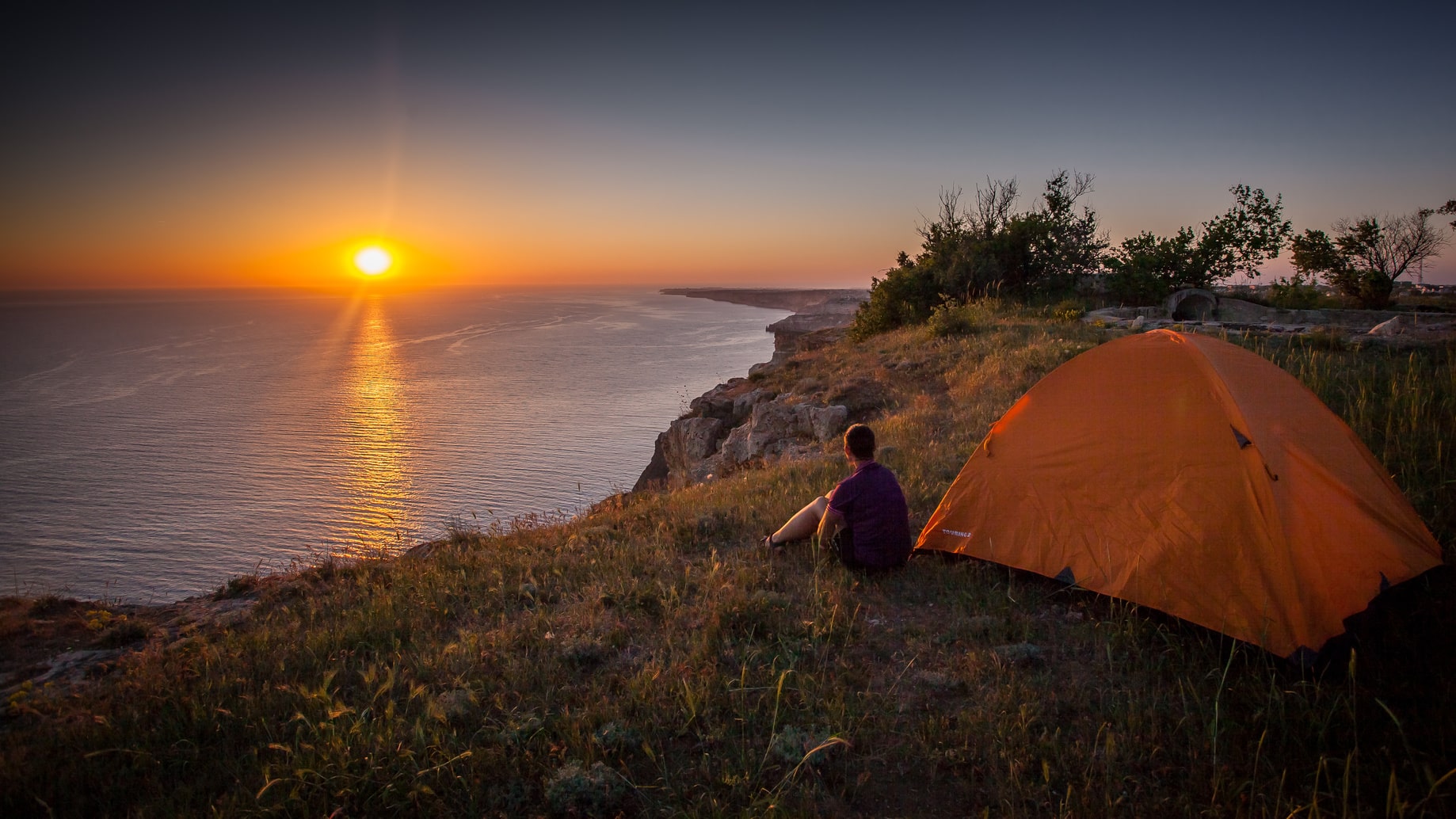
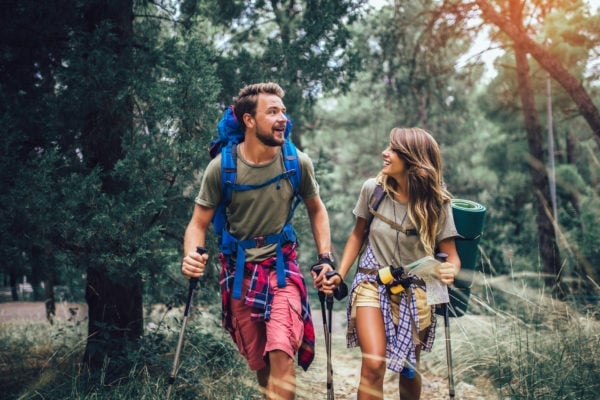
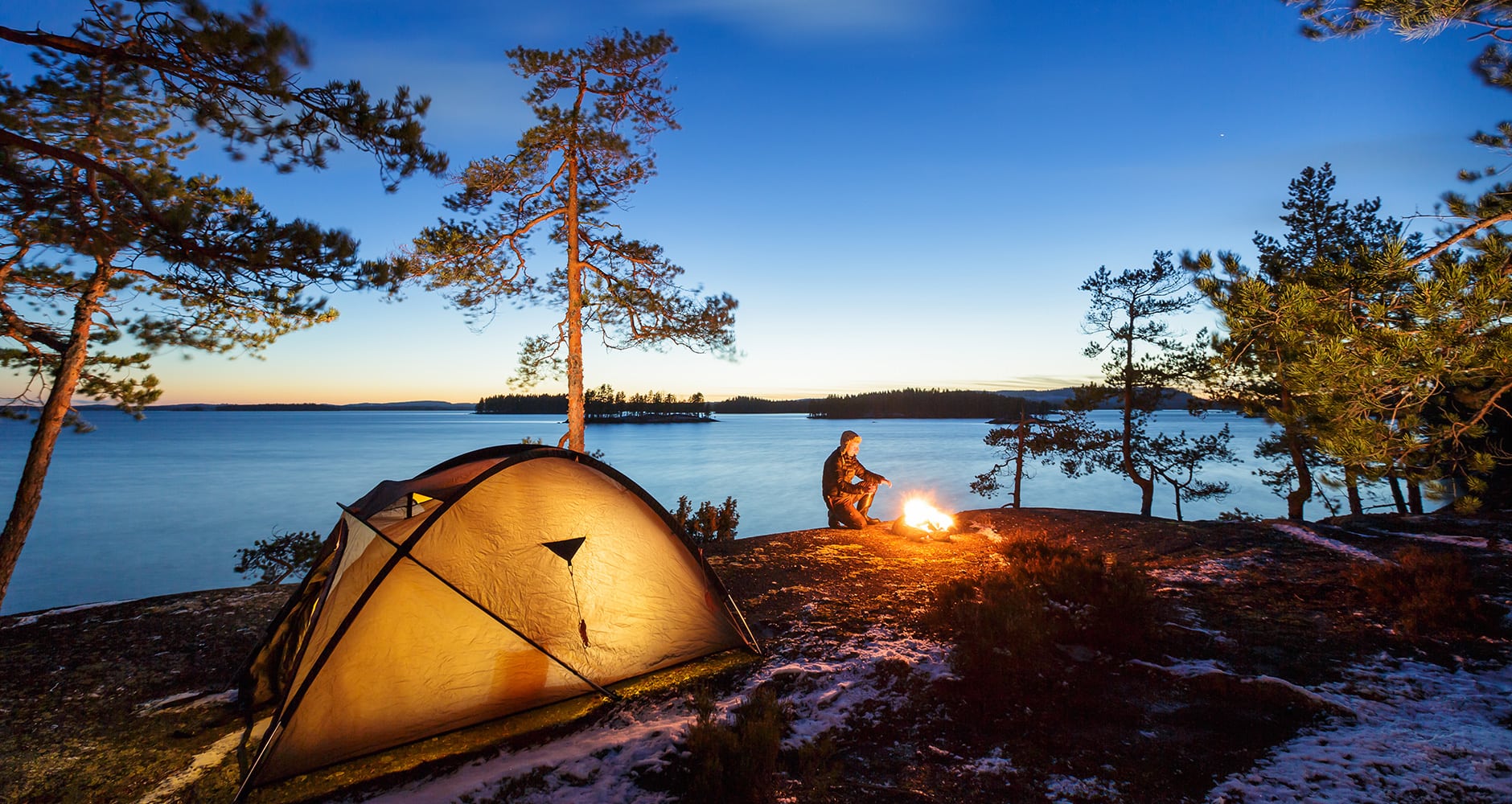
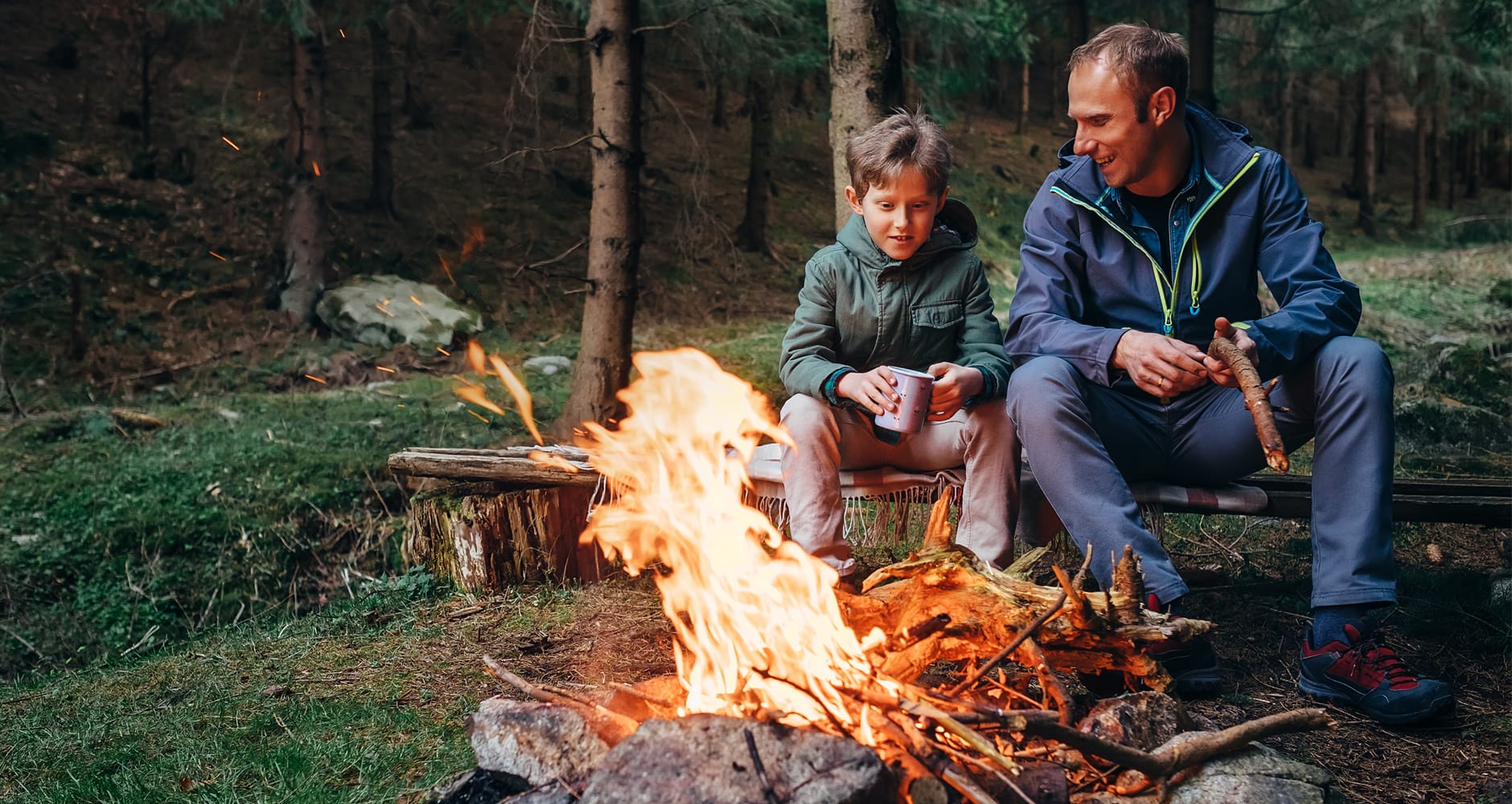
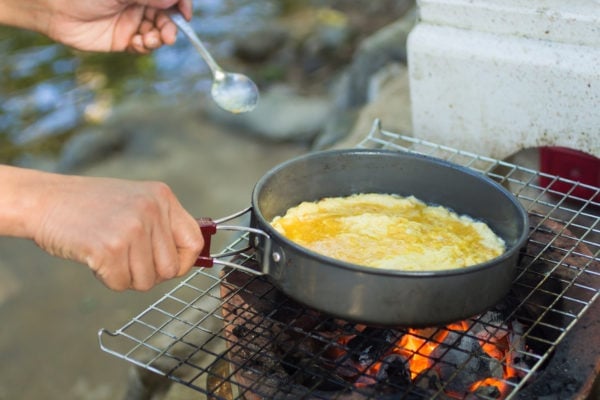
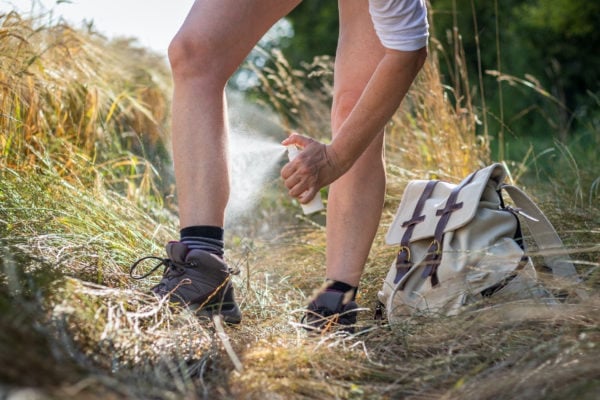





Planning camping activities require little effort a well. Fishing, hiking, swimming are three of my favorites that only take at most a half hour of gathering or acquiring the necessary gear such as sturdy hiking stick and good shoes or a fishing pole some tackle and bait or appropriate swim clothing and authorized swimming areas.
I am retired and my wife will retire within a year or less. Our plan is to purchase a moderate size motor home and do some traveling and camping. We did this many years ago before our professional lives took over and we loved it. We are looking forward to the many joys that camping offers. Thank you for this article. It contains many excellent tips. I have printed it out and filed it in our “CAMPER” file for future reference. Safe & Happy Camping!